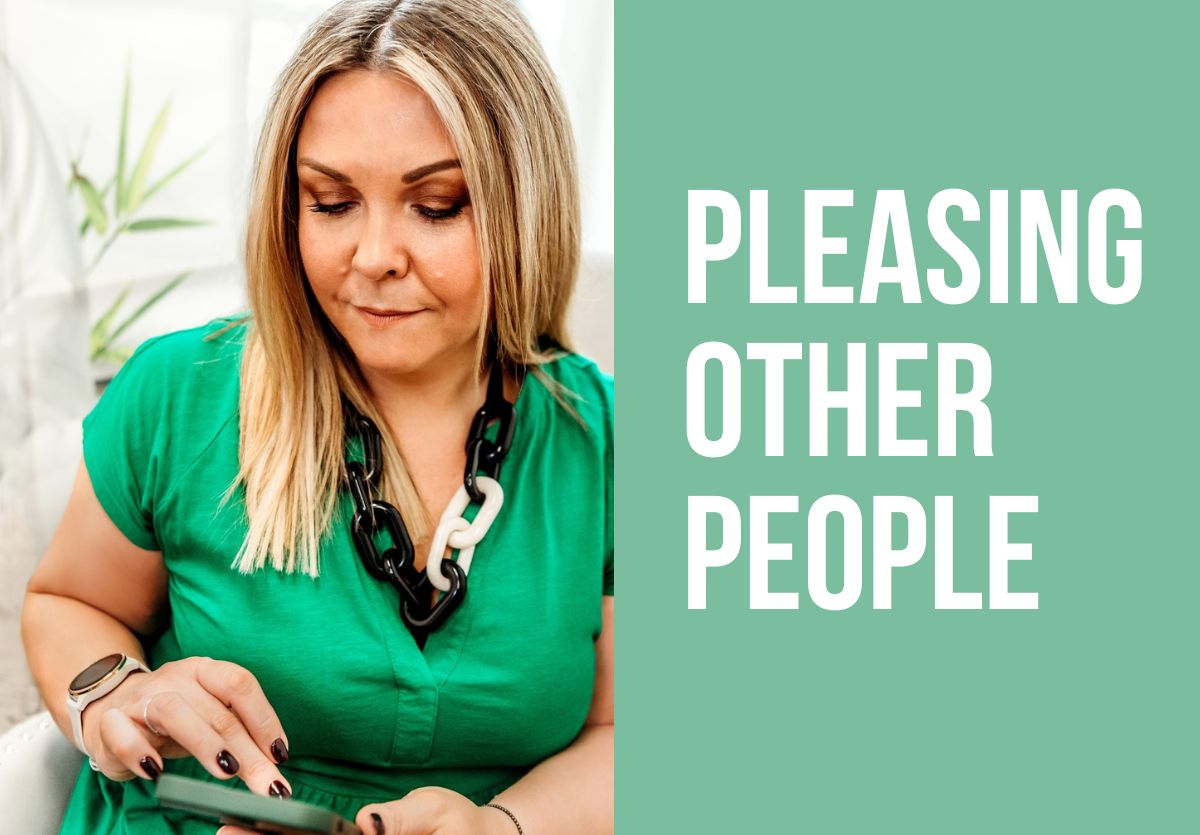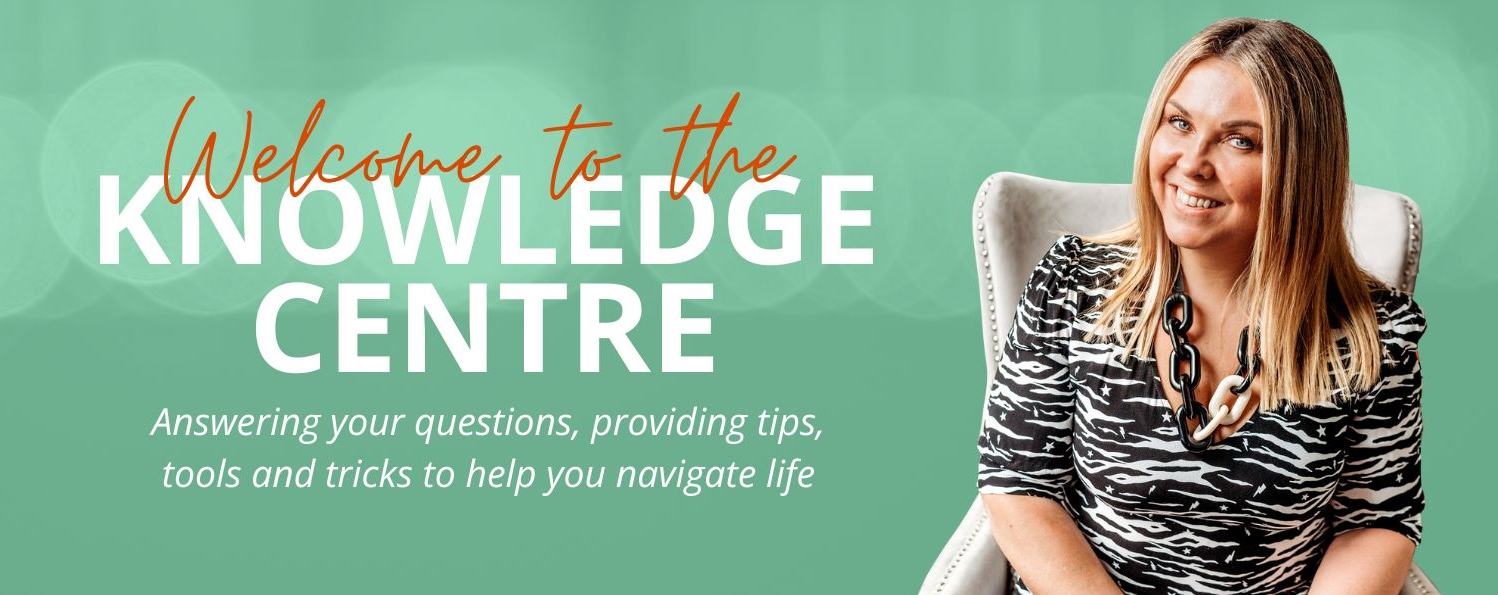
Why am I always people pleasing, and how can I stop it?
Do you ever find yourself wanting to say ‘no’ but deciding you simply can’t because it would make others unhappy with you? Have you ever said yes to something you’d rather die than do because you don’t want to upset anyone?
Whether it’s in the workplace or in our personal lives, being a people pleaser is a dangerous and exhausting cycle to get caught up in.
Probably the most common thing I find my clients struggling with is people pleasing and pretending in order to be successful. I’ve had so many clients who spend their lives wearing a mask and doing things that make them inherently unhappy just to please others.
When I’m approached by clients like this, I can truly empathise – people pleasing is usually a symptom of a much deeper issue and can lead to a near-constant critical inner voice and feeling totally emotionally depleted.
How much energy do you put into people pleasing?
What is people pleasing?
While being kind and helpful are wonderful traits to have as a person, there’s a fine line between this and taking it a step further: going over and above at every turn to please others and make them feel good – often at the cost of our own happiness and mental health.
It’s one of the biggest ‘pretending’ tricks that get in the way of you being brilliant by being yourself.
People pleasers are often very empathetic individuals and are governed by how they think other people perceive them and gain approval from them. People pleasers typically also have trouble standing up for themselves.
What I know about people pleasers is that they don’t get any happiness or satisfaction from pleasing people. In fact, it’s often quite the opposite. They feel resentful and powerless and yet compelled to keep doing it.
The problem with trying to please others all the time is you end up stretching yourself too thin and overcommitting, which can lead to a lower quality of work, feelings of overwhelm, and just being completely drained.
What causes people pleasing?
I often find that those of my clients who tend to people please are actually quite insecure within themselves. But this isn’t their fault. Usually, people pleasing is a symptom of past trauma. It’s a coping mechanism that many people who have experienced relational trauma or painful experiences in their lives tend to develop to protect themselves.
It stems from a childhood with emotionally vacant parents due to workaholism, alcoholism, and the like. This causes a child to go above and beyond for attention and love. When this fails, the child’s self-value diminishes and they feel inadequate, so they try even harder to win the lacking love.
Your ‘worst self’ learns to carry these feelings and the subsequent pattern into adulthood and you find yourself chasing connection with people who don’t or won’t give you full connection back. When the inner little you needs connection, your worst self revs up the drive to go above and beyond to win attention.
It’s an exhausting cycle that doesn’t bring the intended rewards.
People pleasing is also a common symptom of mental health conditions like depression, anxiety, borderline personality disorder, or even co-dependency. Interestingly, trauma is often the cause of these conditions too.
So, if you’re a people pleaser, please know that you’re not to blame. Finding validation and approval from others doesn’t mean you’re a failure or that you’re less of a good person than others. It simply means you’ve developed a coping method that isn’t the healthiest behaviour. But the good news is that you can unlearn this behaviour, change your negative thought patterns, and reprogram your brain to adopt more effective ways to cope with insecurities.
How can I stop people pleasing?
The thing about dealing with people pleasing is it’s not something that can be resolved immediately. It’s not a simple decision to stop what you usually do and do something else. It’s a little trickier than that. I always tell my clients that it’s best to start small and take baby steps to deal with the issue at hand. This makes it a less daunting and overwhelming feat.
The most important thing you’ll need to learn how to do when it comes to people pleasing is to set firm boundaries and stick to them. Easier said than done, I know!
Effective boundary setting is about knowing your limits and understanding how you deserve to feel. You deserve to feel in control, you deserve to have time to yourself, and you deserve to spend an entire day focusing on no one else but yourself. And most importantly, you deserve to be free of what you think others think about you.
Next, you need to establish a boundary and clearly identify why you’re putting it in place. For example, your boundary could be that you won’t be taking your boss’s calls after hours. The ‘why’ in this situation would be that it’s negatively affecting your mental health, stress levels, and work-life balance.
Once you’ve put a boundary in place, you need to communicate it with those who it will affect. Ideally, you would need to explain to your boss that you won’t be taking after-hours calls and be transparent as to why. After all, if you suddenly stop doing something you’ve been doing for years, an explanation may be necessary to help you enforce your new boundary.
So, how can you break the pattern?
- You establish your boundaries.
- You raise your self-value.
- You learn to prioritise YOU.
Let’s recap your to-do list:
- Identify a boundary that you need to set and the ‘why’ behind it.
- Establish the boundary and make a conscious decision to stick to it.
- Clearly communicate the boundary to those affected.
Other than setting boundaries, there are some other really practical ways you can ‘un-become’ a people pleaser; ways you can boost your self-confidence, ditch your insecurities, and heal past traumas. I’d love to share and unpack these tips with you when you book a one-to-one coaching session with me. Visit my website to find out more.

